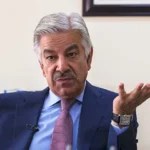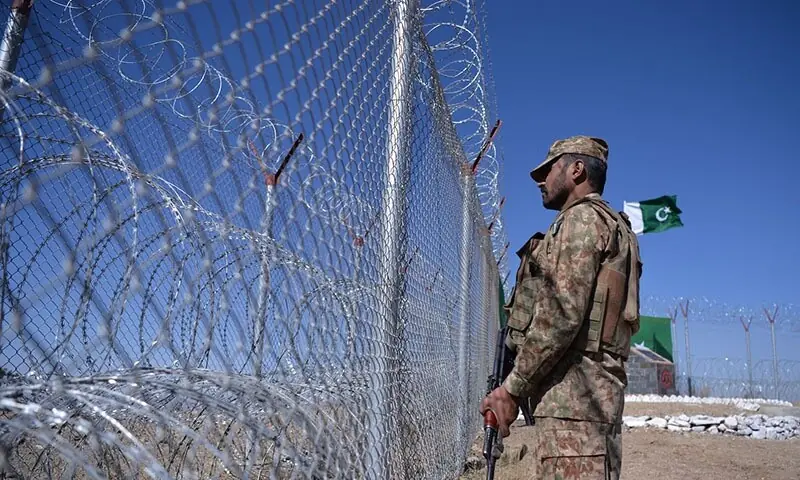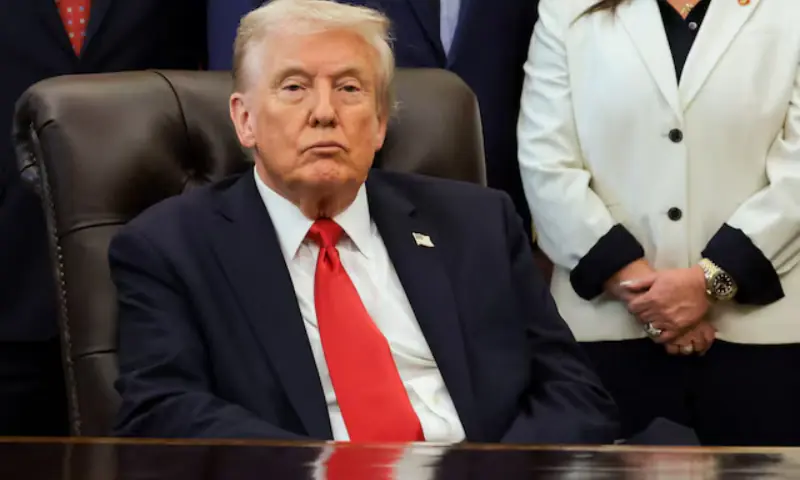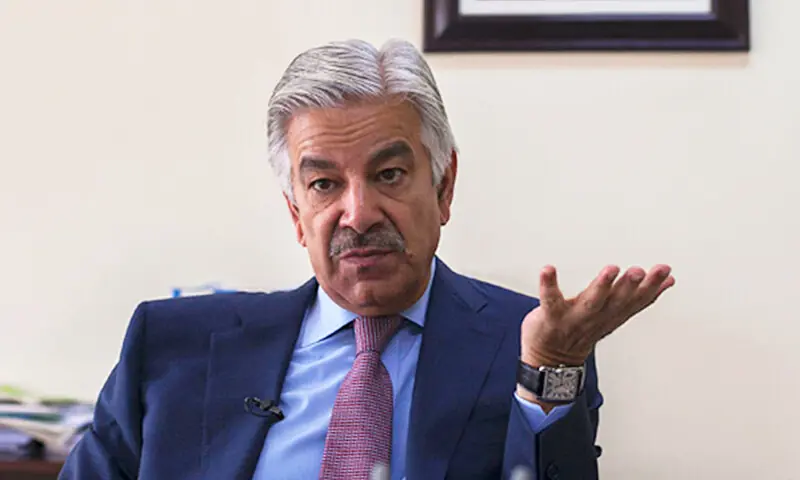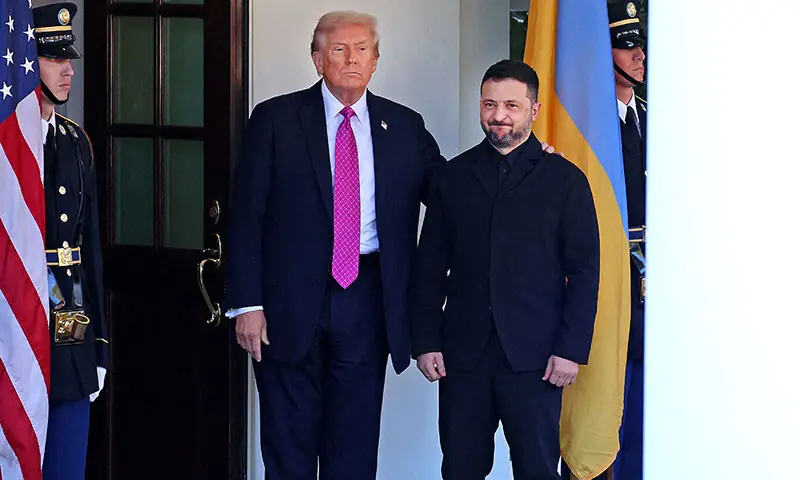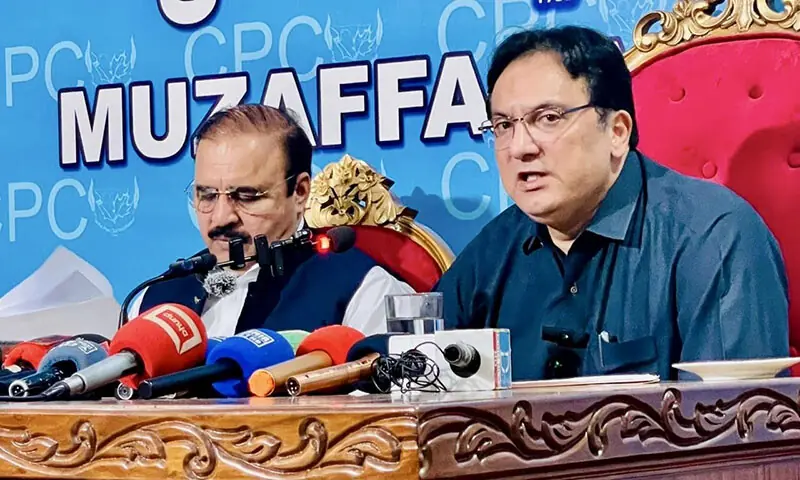The temporary ceasefire between Pakistan and Afghanistan has been extended, a senior diplomatic source confirmed to dawn.com on Friday.
On the night of August 11, Afghanistan launched an unprovoked attack on Pakistani border posts, triggering a series of skirmishes that lasted until Wednesday, leaving 23 soldiers martyred and more than 200 Taliban fighters dead.
Pakistan’s armed forces carried out “precision strikes” in Afghanistan’s Kandahar province and the capital Kabul. A temporary ceasefire was agreed upon at the request of Afghanistan for 48 hours, which expired at 6:00 p.m. today.
According to the diplomatic source, the ceasefire period was extended until the end of talks in Doha, the capital of Qatar.
“The temporary ceasefire was extended at the request of the Afghan Taliban government,” the source said. “High-level talks are expected to begin on Saturday.”
Islamabad Kabul works to solve a “complex but solvable” problem
Earlier today, the Ministry of Foreign Affairs (FO) stated that Pakistan and Afghanistan are sincerely working to resolve the “complex but solvable” issue of border clashes amid a temporary ceasefire.
During a weekly press briefing at the FO, spokesperson Shafqat Ali Khan highlighted that during the 48-hour ceasefire, both sides were making “sincere efforts to find a positive solution to this complex but solvable issue through constructive dialogue.”
“Pakistan greatly values dialogue and diplomacy and a mutually beneficial relationship with Afghanistan,” he said. “At the same time, the Government of Pakistan continues to closely monitor the situation and will take all possible measures to safeguard its territory and the lives of its people.”
Khan added that Pakistan wants a “peaceful, stable, friendly, inclusive, regionally connected and prosperous Afghanistan,” but stressed that Kabul must fulfill its obligations and promises under the Doha Process. He also reiterated Pakistan’s requests to the Afghan Taliban to prohibit the use of their soil for terrorist purposes.
“Pakistan has repeatedly shared its concern over the presence of Fitna al Khawarij and Fitna al Hindustan operating from Afghan soil,” Khan said.
“Pakistan expects concrete and verifiable actions against these terrorist elements from the Taliban regime.”
Fitna al Khawarij is a term the state uses for terrorists belonging to the banned Tehreek-i-Taliban Pakistan and Fitna al Hindustan for Balochistan-based groups to highlight India’s alleged role in terrorism and destabilization across Pakistan.
A day earlier, Prime Minister Shehbaz Sharif said Islamabad was willing to talk if Kabul agreed to meet Pakistan’s “justified” conditions following recent hostilities between the two countries.
“Yesterday we decided on a 48-hour temporary ceasefire. [and] The message has been sent that if they want to meet our justified conditions through talks, then we are ready. The ball is in their court,” he said during a cabinet meeting.
Last week, the FO censured Afghan Foreign Minister Amir Khan Muttaqi for his comments during a visit to India and said that “deflecting” responsibility for controlling terrorism could not absolve Afghan authorities of their responsibilities towards regional peace.
“Whatever the problems of each country, they must resolve themselves,” he said, apparently in response to Pakistan’s repeated requests to stop terrorists from operating on Afghan soil. He added that there is no terrorist organization or group left in Afghanistan.
The FO responded by saying that terrorism was not an internal problem and highlighted the presence of Fitna al Khawarij and Fitna al Hindustan in Afghan territory.
The border clashes occur in a context in which Pakistan suffers multiple casualties among security forces in intelligence-based operations against terrorists, while Afghanistan accuses the former of violating its sovereignty.
While Kabul maintains that it does not provide safe haven to terrorists, Afghan officials on Friday blamed Pakistan for bombing a civilian market in Paktika airspace near the Durand Line and also violating the territory of the capital, Kabul. This was after an explosion was reported in Afghanistan last Thursday night.
The FO in Islamabad avoided directly acknowledging the incident in Kabul during a weekly briefing last Friday, instead framing Pakistan’s counterterrorism actions as self-defense against militants operating from Afghan soil.
Speaking at a separate press conference in Peshawar, held almost simultaneously with the FO briefing, the director general of Inter-Services Public Relations also refused to confirm or deny whether the military had carried out any attack in Kabul. However, he stressed Pakistan’s right and determination to defend itself. “Afghanistan is being used as a base of operations to carry out terrorism in Pakistan. There is evidence of this too,” he said.




